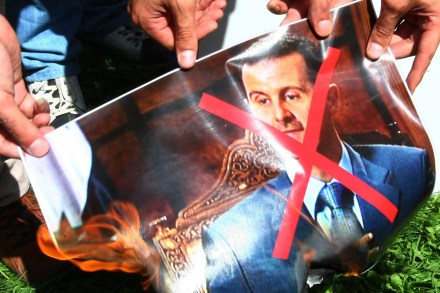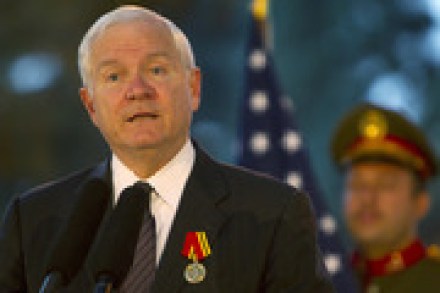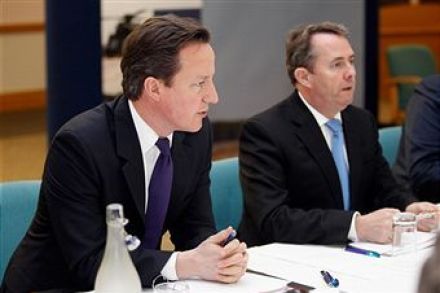The end of Assad
After weeks of violence, the end of the Assad regime is now inevitable. It may take weeks, months or years, but the kind of damage that President Assad has inflicted on his domestic credibility and international standing cannot be repaired. The country’s two most populous cities, Aleppo and the capital Damascus have remained calm, but now protesters are defying the army. More than 300 members of the governing party have resigned and publicly condemned the crackdown. Crucially, the army’s loyalty is now in doubt. It is said some military units have refused to quell the protesters in Damascus. Even Syria’s long-time ally Turkey has been angered by the violence that

















